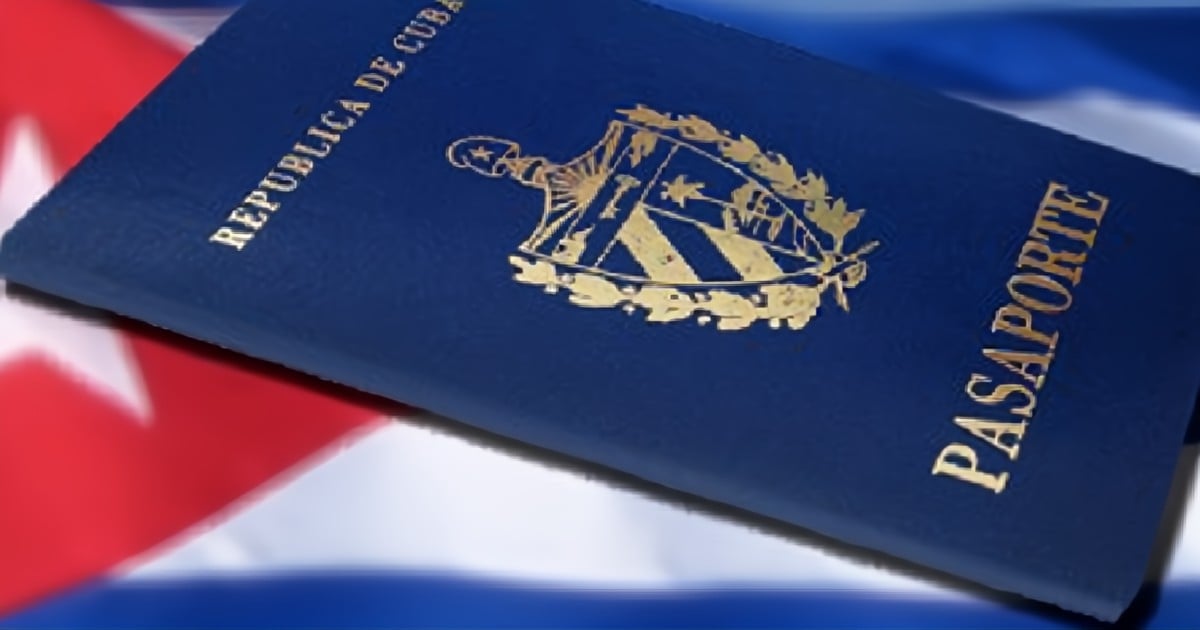The death of Maikel Herrera Bones on Sunday has reignited discussions about the requirements for Cubans seeking humanitarian visas. Herrera Bones was a noted activist and political opponent who spent much of his life advocating for human rights on the island. Tragically, he passed away while waiting for a humanitarian visa that could have allowed him to seek medical care abroad for his deteriorating health. Since 2012, Herrera had been living with HIV, which had significantly worsened in recent months. Reports and personal accounts from Herrera himself suggest that his health was further compromised by inadequate medical attention, a consequence of his political stance.
There are other instances where social media has brought visibility to similar situations, enabling individuals to achieve their goals. One of the most notable cases is that of Amanda Lemus Ortiz, a young girl whose health improved following surgery and treatment received in Spain.
Humanitarian visas have become essential for those looking to support relatives or friends facing emergencies. In Cuba, many families struggle to move sick or extremely vulnerable individuals abroad to ensure they receive the necessary medical care or shelter. This crucial process is burdened with specific requirements that differ depending on the destination country.
Understanding Humanitarian Visas
A humanitarian visa allows individuals in vulnerable situations to temporarily enter another country. It is granted to those needing urgent medical care, victims of natural disasters or armed conflict, or those facing extreme circumstances. In Cuba, these visas are often sought for medical treatments unavailable on the island or in cases of dire necessity.
Who Can Apply?
Humanitarian visas can be requested by direct family members living abroad, humanitarian organizations, or, in exceptional circumstances, government entities. Depending on the immigration laws of the country, the beneficiary may also apply directly.
While each country has its own set of requirements, common ones include:
- Medical or humanitarian justification
- Acceptance letter from a hospital or clinic in the destination country
- Personal documentation of both the applicant and the beneficiary
- Proof of financial stability
- Consular forms and fees
Steps to Apply from Cuba
- Contact the embassy of the destination country to verify visa requirements and procedures.
- Gather necessary documentation, including medical reports and certificates.
- Complete the application form online or at the embassy.
- Submit the application and attend an interview, if required.
- Wait for a response, which can take between 2 and 8 weeks.
Countries Offering Humanitarian Visas to Cubans
Some countries that provide humanitarian visas to Cubans include:
- United States: through humanitarian parole
- Spain: for family reunification
- Canada: via international assistance programs
- Mexico: for medical cases
- Italy: in severe health situations
Final Tips
Begin the process as early as possible to avoid delays. Seek legal advice if you have questions, and maintain regular contact with the relevant consulate.
The journey of obtaining a humanitarian visa from Cuba is challenging but not insurmountable. With the right documents and a compelling justification, it is possible to provide an opportunity for care and refuge to those in need.
Frequently Asked Questions about Humanitarian Visas for Cubans
How long does it take to approve a humanitarian visa?
Approval times range from 2 to 8 weeks, depending on urgency.
What happens if the visa application is denied?
It is possible to appeal the decision by submitting additional documentation.
Can I accompany the beneficiary to the destination country?
This depends on the destination country's regulations and the medical justification.
